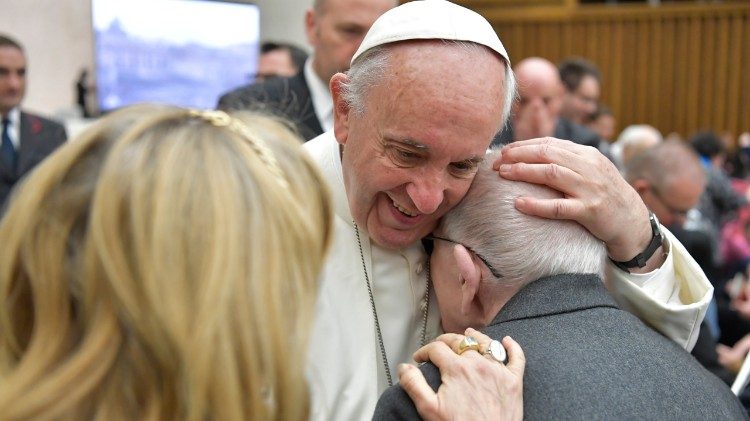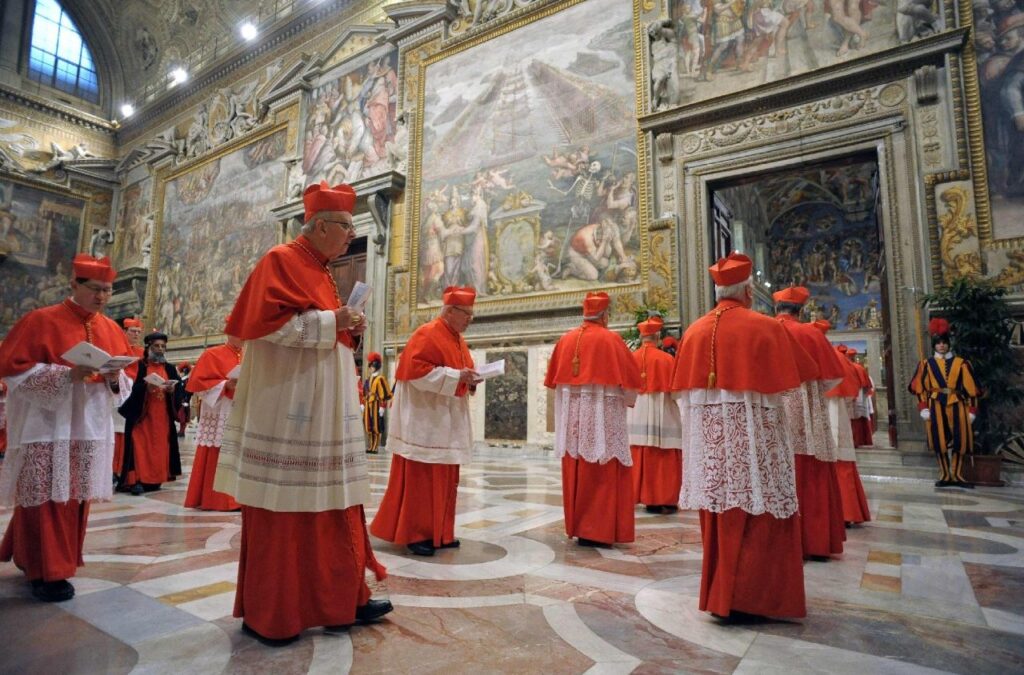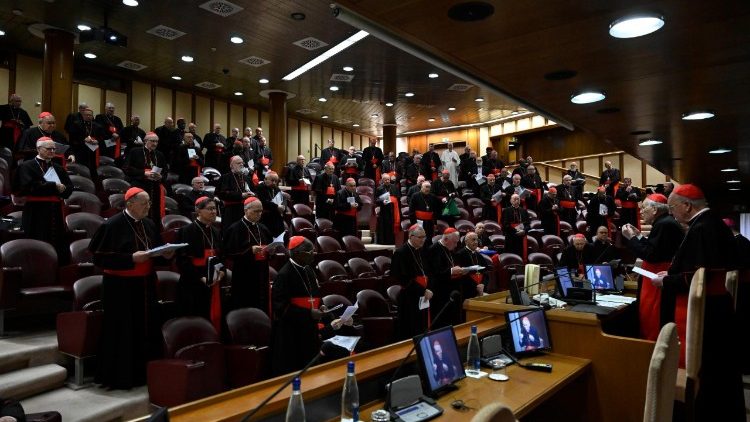Pope Francis: Leadership That Transforms Through Service
Beyond symbolic gestures, Francis has embodied a deeply human leadership style, centered on listening, mercy, and the common good. What would happen if businesses and organizations were inspired by his example?

In a world where leadership is often associated with power, effectiveness, and immediate results, Pope Francis has proposed—and lived out—a radically different model. Since his election in 2013, he has promoted a leadership that is servant-like, close, and deeply pastoral. One that does not seek to impose, but to accompany; not to dominate, but to transform.
Leading with the Heart
Francis stood out for a leadership that we could call transformational and servant-like. Inspired by the Gospel and the figure of Christ the Good Shepherd, he has insisted that a true leader must have “the smell of the sheep”: being in real contact with people, knowing their pains and joys, and walking with them.
His style does not respond to management manuals, but rather to consistent witness. He preaches with his life, not with slogans. He listens more than he speaks. He corrects with tenderness. He motivates by example. In short, he has reminded the world that authority is not imposed, it is earned through humility.
The values he lived until the end
Until his last day, Francis held firm to the values that marked his pontificate. Francis has placed often-forgotten values at the center of his leadership:
- Humility: he renounced the trappings of power and opted for a simple lifestyle.
- Closeness: he prioritized direct contact over bureaucracy.
- Mercy and justice: he raised his voice for the poor, migrants, and the discarded.
- Dialogue and unity: he promoted understanding among diverse faiths, cultures, and sensibilities.
- Integral ecology: with Laudato Si’, he changed the paradigm of caring for our common home.
His life is a constant invitation to lead with the soul, to build communities where power is exercised as service.
A challenging legacy
Francis’s journey through history is not measured only in documents, but in fruits. He has helped the Church stop looking inward to reach out to the world. He has given a voice to those who lacked one. Likewise, he has reminded us that, without love, every ecclesial or business structure becomes meaningless.
Today, his leadership is a reference for believers and non-believers alike. And his great contribution, beyond the religious, is a way of being a leader based on compassion and justice.
What would happen if organizations and companies adopted his style?
Implementing leadership like his in any organizational structure is not a utopia: it is a necessity in times of crisis of trust, dehumanization, and social fatigue.
Advantages:
- Greater cohesion and commitment in teams
Francis’s leadership was based on closeness, active listening, and respect for each person. These elements, translated into the organizational sphere, generate bonds of trust and belonging. When team members feel heard and valued, their motivation, commitment to the mission, and willingness to collaborate increase. This shift is reflected in a culture of internal competition to one of community. - Ethical and Sustainable Organizational Culture
The Pope repeatedly emphasized the need to act with transparency, justice, and responsibility, both in the Church and in society. This approach, applied to a company or institution, allows for the construction of a solid culture where ethical values guide decision-making. Furthermore, his concept of “integral ecology” encourages caring for both people and the environment, fostering sustainable models in the economic, human, and environmental spheres. - Improving the Work Environment and Emotional Well-being
Pope Francis’s pastoral style, based on mercy and tenderness, promotes an environment where people are not afraid to make mistakes, where fragility is embraced, and a second chance is offered. In an organization, this translates into a more humane, less toxic work environment, where the emotional well-being of employees is a priority. Relationships are healthier and productivity is longer lasting. - A Positive Reputation Based on Real Values
The Pope’s consistent life testimony generated admiration even outside the Catholic world. The same is true of organizations that act with integrity: their good reputation does not depend on marketing campaigns, but on the authenticity of their behavior. Consistency between speech and action strengthens the trust of customers, collaborators, and society, creating a solid and admired brand. - A Sense of Shared Mission
Francis did not lead alone, but constantly called for synodal work: walking together, discerning together, acting together. This principle applied to a business fosters co-responsibility: everyone feels an active part of the purpose. People don’t work just for a salary, but for a greater cause that gives meaning. This sense of shared mission inspires, unites, and directs work toward a deeper impact.
Pope Francis’s leadership is not only for bishops and priests. It is a universal call to put the person at the center. To lead with tenderness. To serve from truth. To transform from love. In a world starved for humanity, this leadership style is not only possible: it is urgent.
Related

A Historic Conclave: 133 Cardinals Prepare to Elect Pope Francis’ Successor
Exaudi Staff
30 April, 2025
3 min

The Conclave: History, Process, and Traditions of Papal Election
Exaudi Staff
30 April, 2025
3 min

What are the Congregations before the Conclave?
Exaudi Staff
29 April, 2025
3 min

Carlo Acutis: The Cyber-Apostle of the Eucharist Who Inspires Youth
Exaudi Staff
29 April, 2025
4 min
 (EN)
(EN)
 (ES)
(ES)
 (IT)
(IT)

